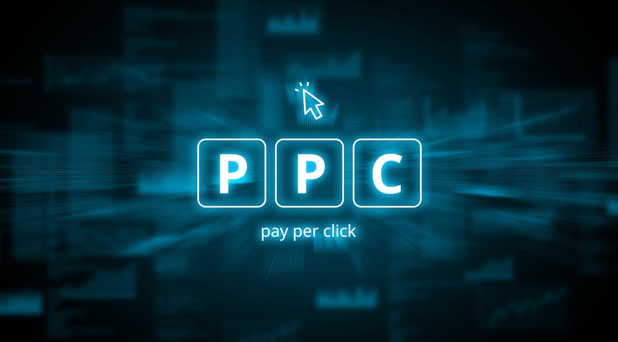
Oct 05, 2023
In the dynamic landscape of digital marketing, one thing remains constant: the power of storytelling. Storytelling is not a new concept; it's an age-old tradition passed down through generations. It's how cultures share their history, how families pass on traditions, and how individuals connect. In content marketing, storytelling is vital to engage audiences, drive user engagement, and create a lasting impact.
Content marketing has become increasingly competitive, with brands vying for the attention of their target audiences. To stand out in this crowded space, delivering valuable information and doing so compellingly and memorably is essential. This is where storytelling comes into play.

Storytelling is a powerful technique that allows brands to connect with their audiences more deeply. It goes beyond the mere dissemination of information and creates an emotional connection. When done right, storytelling can evoke feelings of empathy, relatability, and trust, which are crucial for building brand loyalty.
Engagement is a primary goal of content marketing. You want your audience to interact with your content, share it, and ultimately take action, whether making a purchase or subscribing to your newsletter. Storytelling is a proven method for boosting engagement.
When you tell a story, you're not just presenting facts or features but taking your audience on a journey. You're setting the stage, introducing characters (which could be your products or services), and building anticipation. This engagement keeps your audience invested in your content and eager to see what happens next.
User-generated content has become a significant trend in content marketing. It involves encouraging your audience to create content related to your brand or products. Storytelling can play a crucial role in UGC campaigns.
Consider a hashtag campaign on Instagram or TikTok. Brands often create a unique hashtag and encourage users to share their stories or experiences related to the brand using that hashtag. This generates user-generated content and allows users to tell their own stories, which can be incredibly powerful.
For example, a travel company might create a hashtag like #MyDreamVacation and ask users to share their travel stories and photos. This showcases the brand's offerings and allows users to share their personal experiences, making the content more relatable and engaging.
Short-form video platforms like Instagram Reels and TikTok have exploded in popularity. These platforms are built on the idea of quick, engaging content that tells a story in a matter of seconds.
Brands have embraced these platforms to connect with younger audiences and showcase their creativity. Storytelling on these platforms often involves using music, captions, and visual effects to convey a message or tell a story in a brief, attention-grabbing format.
For example, a fashion brand might create a short video that takes viewers from a messy, stay-at-home look to a glamorous, ready-to-hit-the-town outfit—all in a few seconds. This type of storytelling showcases the brand's products and entertains and engages the audience.
Storytelling is becoming increasingly important in the realm of SEO (search engine optimization). Google's algorithms are continually evolving, and they now prioritize content that provides a valuable and engaging user experience. High-quality, well-told stories are more likely to rank well in search results.
One important aspect of storytelling for SEO is the use of keywords. While it's essential to weave keywords naturally into your content, ensuring that your storytelling remains authentic and engaging is equally important. Keyword stuffing can disrupt the flow of your story and turn off readers.
Instead, focus on creating content that addresses user intent. What questions are users asking, and how can your story provide valuable answers? You can improve your SEO performance while delivering meaningful content by aligning your storytelling with user needs and search intent.
In content marketing, storytelling is an art form that can't be ignored. It can engage audiences, drive user engagement, and create lasting connections between brands and consumers. Whether you're creating long-form blog posts, short videos on TikTok, or user-generated content campaigns, storytelling should be the core of your content strategy.
As SEO trends continue to emphasize user experience and valuable content, storytelling will become even more critical for online success. Brands that master the art of storytelling in content marketing will capture their audience's attention and leave a lasting impact that drives loyalty and growth. So, start crafting your brand's story today and watch as it transforms your content marketing efforts.








